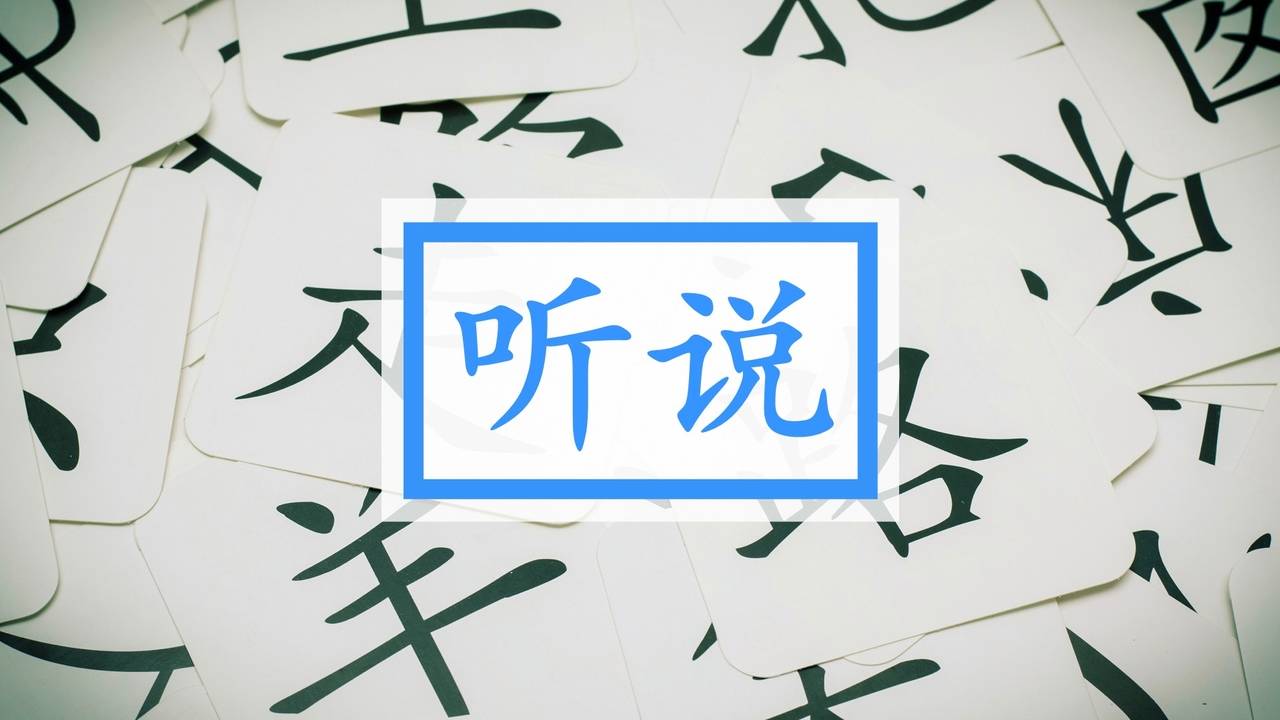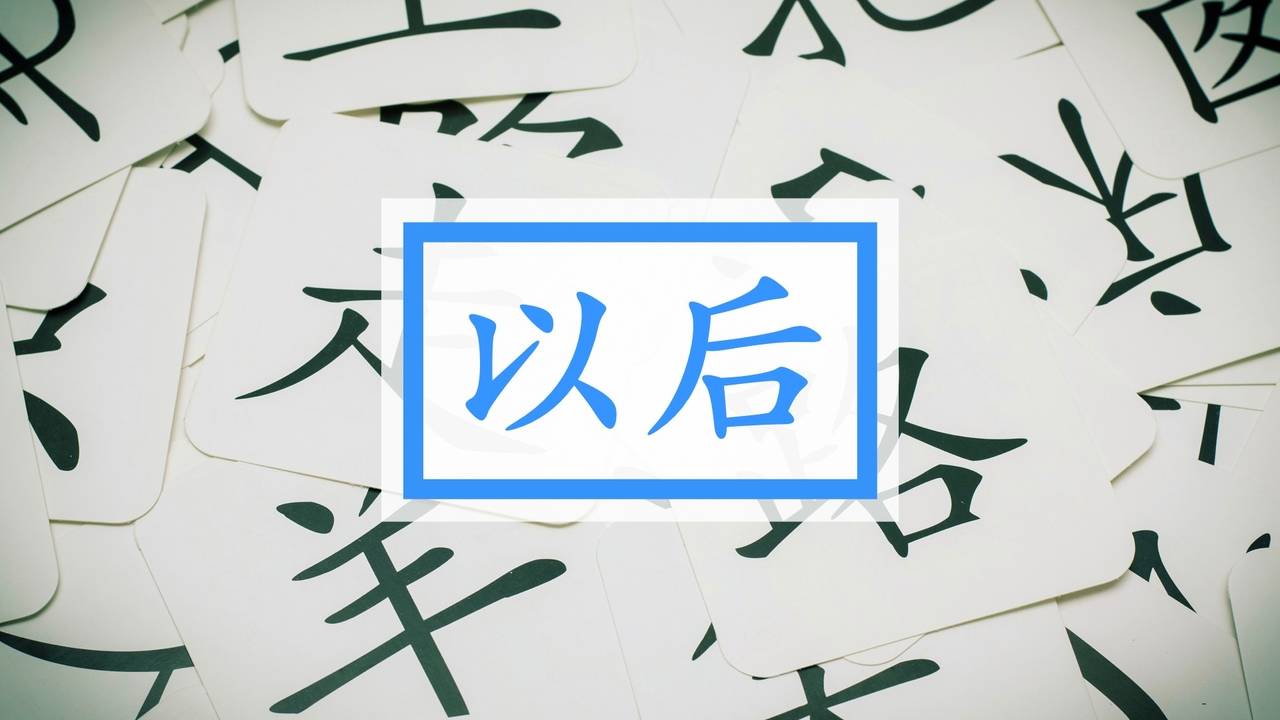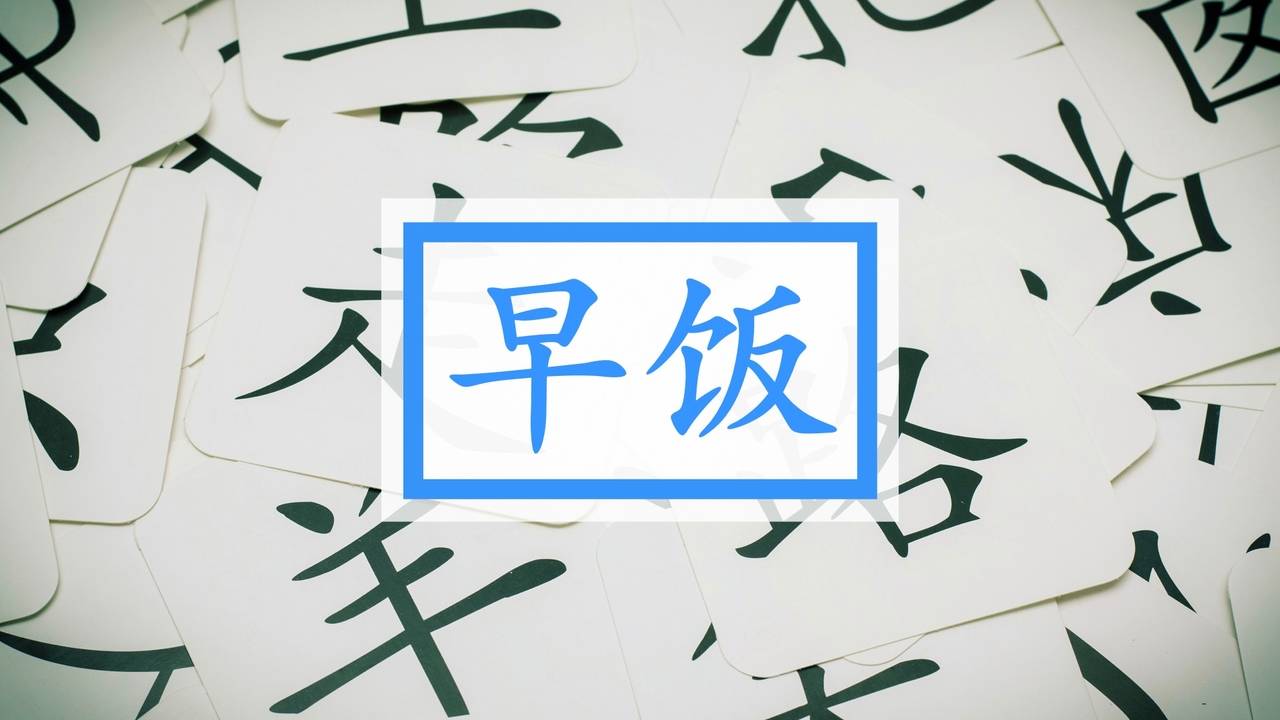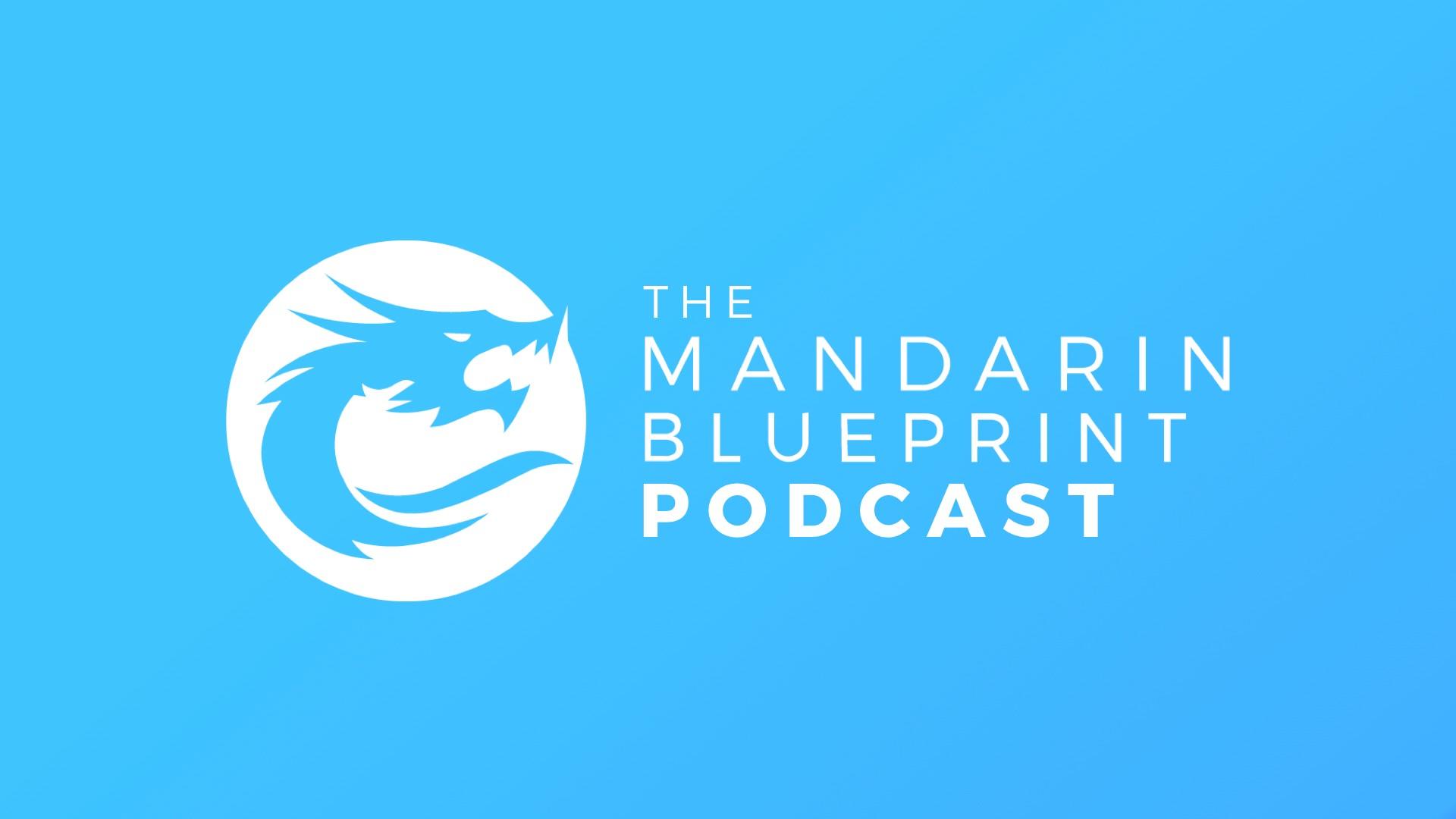Level 23 - Vocab in Context
43 Lessons
1

某个 in Context
2

某些 in Context
3

其他 in Context
4

讨厌 in Context
5

斤 in Context
6

公斤 in Context
7

听 in Context
8

BONUS: Helper - Expressing That an Action Has Happened Before with 过
9

好听 in Context
10

听力 in Context
11

听见 in Context
12

听话 in Context
13

听说 in Context
14

近 in Context
15

最近 in Context
16

后 in Context
17

以后 in Context
18

然后 in Context
19

后来 in Context
20

最后 in Context
21

BONUS: Helper - Turning Adjectives into Adverbs with 地

后天 in Context
23

后面 in Context
24

后边 in Context
25

厚 in Context
26

反正 in Context
27

相反 in Context
28

BONUS: “How Does What" - Adverbs Expressing Tone of Voice
29

米饭 in Context
30

早饭 in Context
31

午饭 in Context
32

吃饭 in Context
33

吃饱 in Context
34

饿 in Context
35

员工 in Context
36

工人 in Context
37

江 in Context
38

左边 in Context
39

左右 in Context
40

右边 in Context
41

差 in Context
42

差不多 in Context
43

差点儿 in Context
Next Character
后天 in Context
CONGRATULATIONS!
A NEW WORD HAS BEEN UNLOCKED
后天
Usage 1 - "the day after tomorrow":
Sentence:
后天我要离开了。
English:
I’m going to leave the day after tomorrow.
Top-Down Words:
离开 líkāi - to leave
*Sentence:
我们后天见。
English:
We’ll see each other the day after tomorrow.
Top-Down Words:
Sentence:
后天晚上有谁和我一起去玩儿?
English:
The day after tomorrow in the evening is there anyone who wants to go out with me?
Top-Down Words:
晚上 wǎnshàng - evening, nighttime
谁 shéi - who?
Need a Reminder?
The Six Steps to Learning Words
Understanding Chinese Words - Morphemes
Member Comments from 2019-mid-2020
Do you also want to leave a comment? You can do so below!
Gary Cheeseman
Can 我们后天见 be also used in a metaphorical sense?
As in, "We'll see (find out) the day after tommorow"Mandarin Blueprint
No. You could say "后天看吧". I'm sure there is more than one way but that's a common one :D
MB Team
Here's the link to where Phil and Luke talked about this comment in the Mandarin Blueprint Podcast: https://www.youtube.com/watch?v=B1PFx8JEpo4&t=1497s




